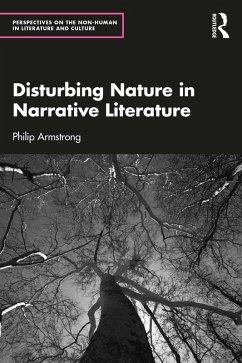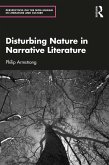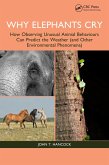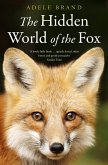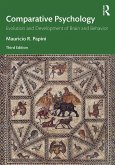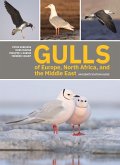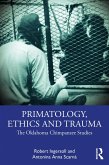Disturbing Nature in Narrative Literature identifies and analyses encounters with unexpected, disconcerting, and unsettling aspects of the natural world, as these have been represented across a wide range of literary texts. It includes in-depth discussion of both familiar and less familiar works from the British, American, and European literary traditions, and from the Classical period to today. The motifs discussed include earthquakes, forests, storms, animals, and oceanic depth, and the writers include Virgil, Ovid, Dante, Shakespeare, Aphra Behn, Voltaire, Heinrich von Kleist, Herman Melville, H.G. Wells, J.R.R. Tolkien, Gabriel García Márquez, José Saramago, Margaret Atwood, and Annie Proulx. Rich in both close textual analysis and contextual discussion,
Disturbing Nature in Narrative Literature offers a vivid introduction to several topical approaches to literary-critical analysis, including ecocriticism, new materialism, affect theory, and human-animal studies, thereby demonstrating how literature shapes and is shaped by our response to the pressing questions of our time.
Dieser Download kann aus rechtlichen Gründen nur mit Rechnungsadresse in A, B, BG, CY, CZ, D, DK, EW, E, FIN, F, GR, HR, H, IRL, I, LT, L, LR, M, NL, PL, P, R, S, SLO, SK ausgeliefert werden.

